A highly skilled curatorial drive based on research, art history, and a personal connection to an idea or place makes contemporary exhibitions have a lasting effect on the canon. The Lagos– and London-based multi-hyphenate curator, Dr. Jareh Das has brought together archives, her own inspiration from both countries, working living artists across the diaspora and major organizations—such as the Victoria and Albert Museum and York Museums Trust—in order to present a contemporary exhibition based off of a wave making Nigerian artist from the early 20th century, Ladi Kwali.
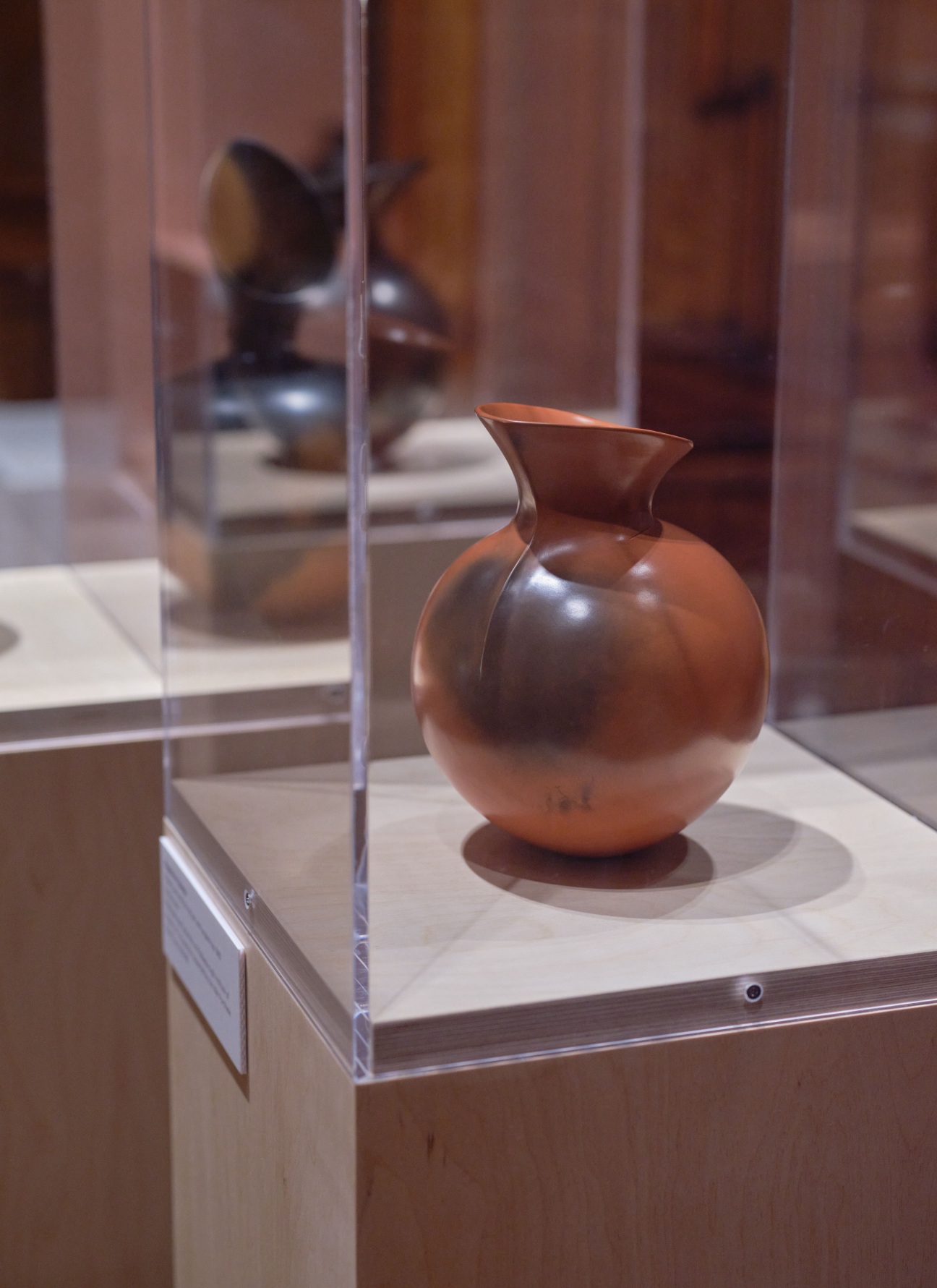
Ladi Kwali became the most recognizable woman in Nigeria—being honored with her image on the 20 Naira note—because she innovated the craft of ceramics and lifted the overlooked stigma of women in art. Kwali’s participation in a ceramics apprenticeship drew on her family’s matrilineal Nigerian traditions, and the British ceramicist Michael Cardew invited her to join after establishing the Pottery Training Centre in Abuja in 1954, in his role as senior potter officer employed under the direction of the Nigerian colonial government at the time.
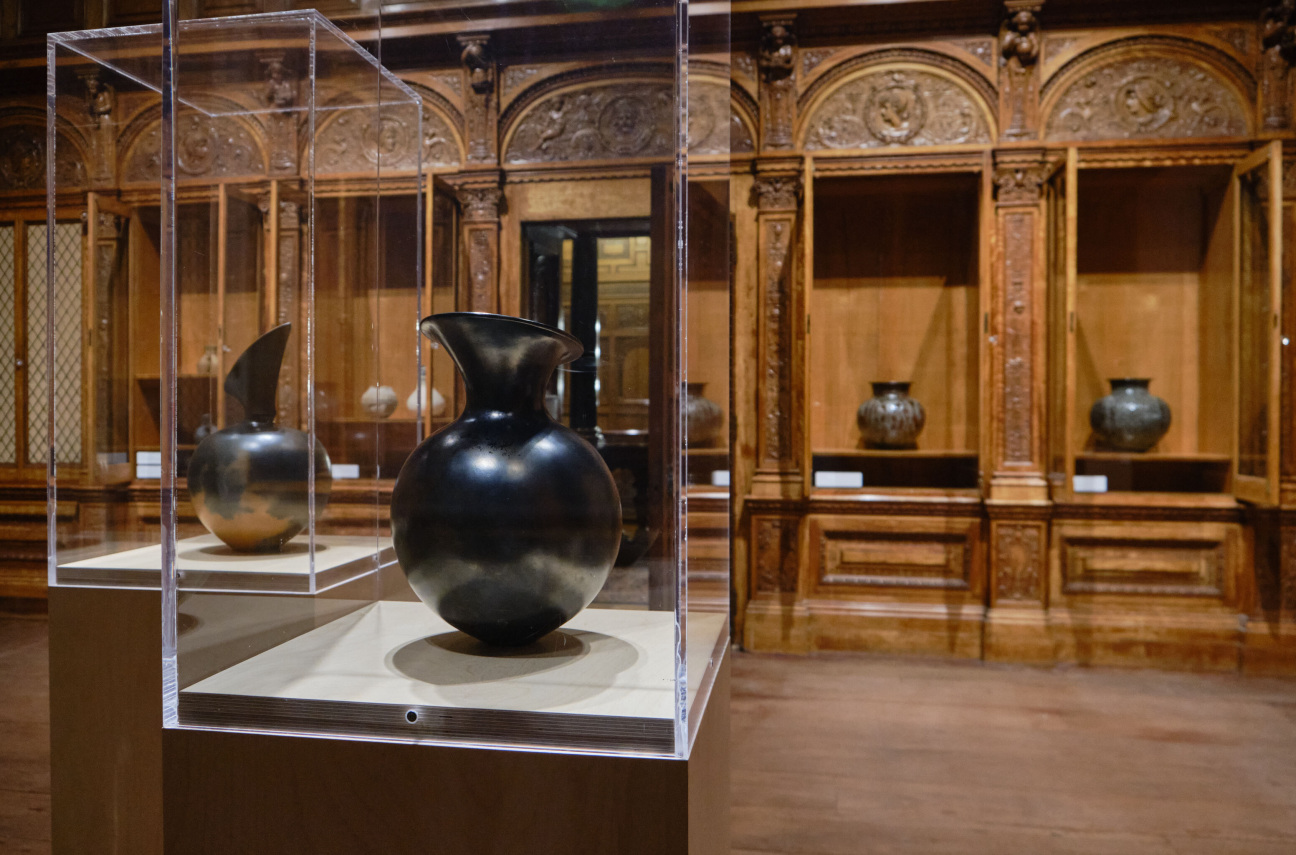
“Body Vessel Clay: Black Women, Ceramics & Contemporary Art” is a survey-like exhibition on ceramics and how they have been reimagined by Black women over the last 70 years. Over 80 works by eight female artists are on display, encompassing multiple media such as ceramics, preparatory drawings, film and archival material. Dr. Jareh Das has curated archival works by Ladi Kwali and Dame Magdalene Odundo, who learned her technique from Kwali in Abuja, along with a contemporary take on ceramics by Phoebe Collings-James, Shawanda Corbett, Chinasa Vivian Ezugha, Jade Montserrat, Bisila Noha and Julia Phillips.
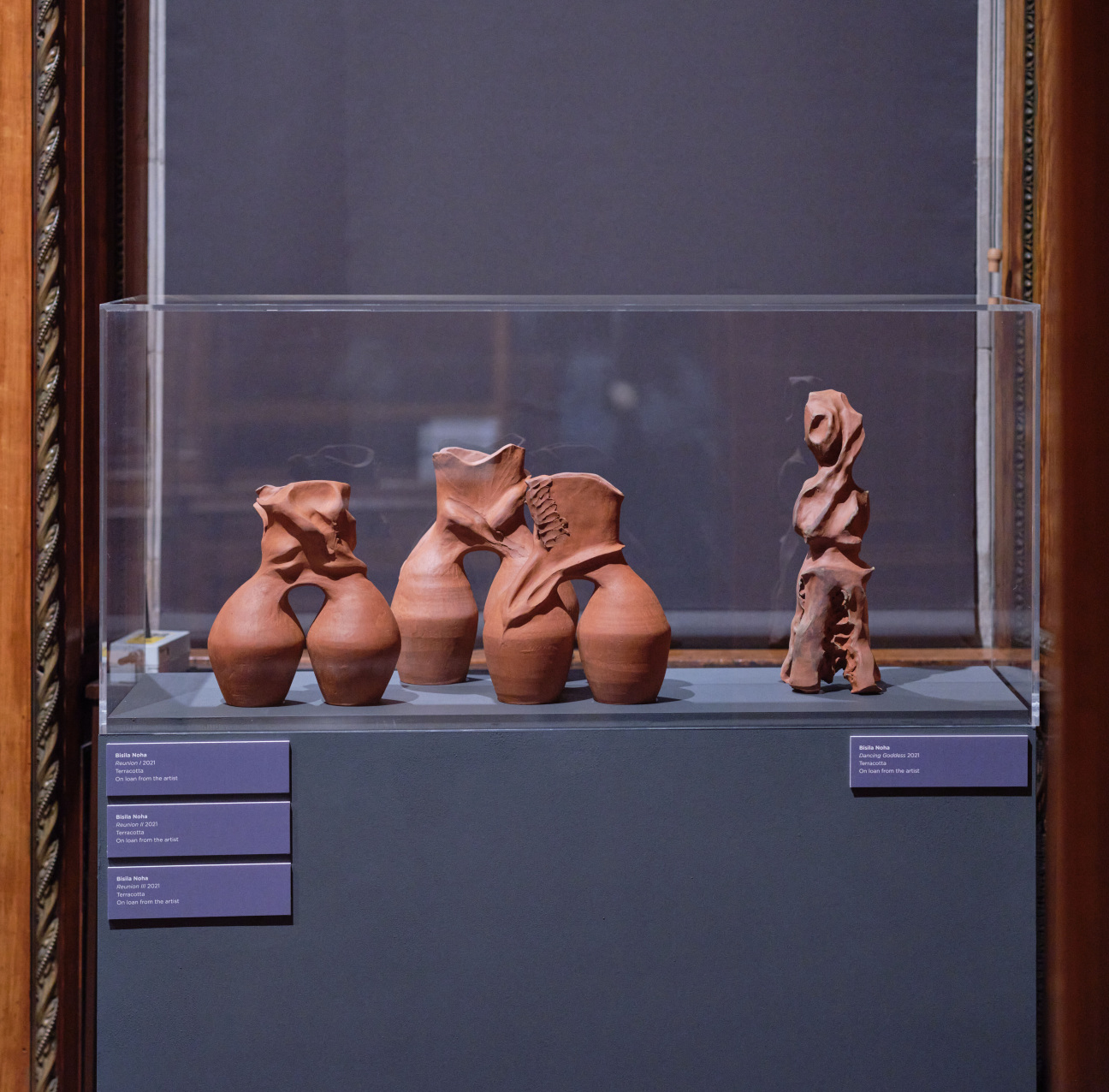
Storm Ascher: At this time in your curatorial practice, why is Ladi Kwali the starting point for this show?
Dr. Jareh Das: I grew up in Nigeria in the 1990s and was re-introduced to Ladi Kwali when the 20 Naira note was re-designed to include her image at the throwing wheel on the reverse side. Years later, an encounter with Abuja Pottery at a UK museum spurned a return to Kwali and her astounding achievements as a leading figure existing in the worlds of Nigerian pottery and British Studio Pottery.
SA: What do you want the International community to learn from this project?
DJD: Body Vessel Clay begins with recognising the hybrid and radical practice of Ladi Kwali through to the contemporary generation of Black women artists reimagining the material in new ways; as a time-based medium with performative qualities. I’m inspired by clay and how its use continues to be reimagined by a younger generation of black women. This exhibition attends to clay’s transformative, haptic, malleable and metaphoric potential, whilst situating ceramics as a continually expanding field.
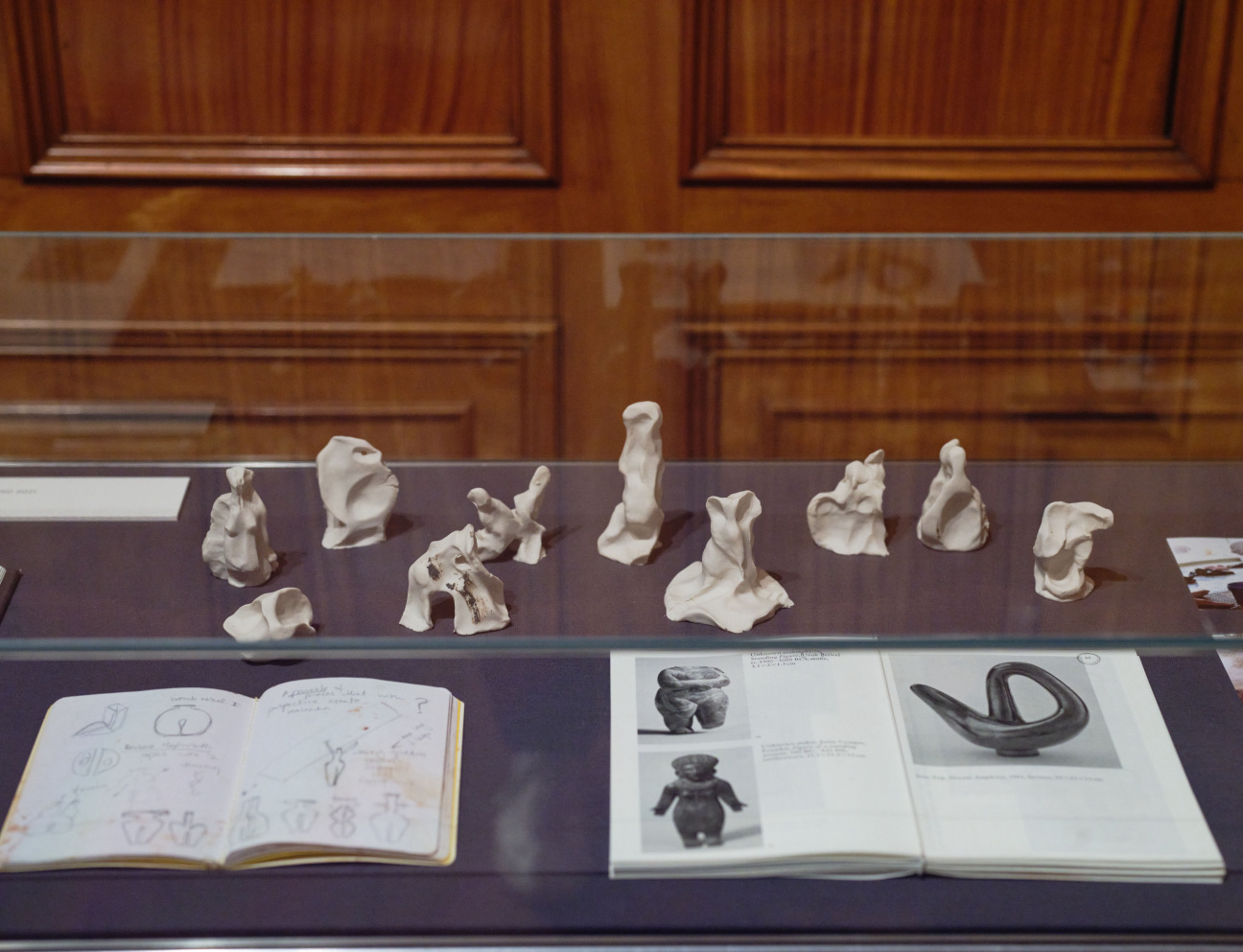
SA: Do you consider contemporary Black women’s ceramics practice as disruptive?
DJD: Countering western centric traditions, ceramics is both global and site specific. Different parts of the world have ceramics traditions that speak of cultures of places.

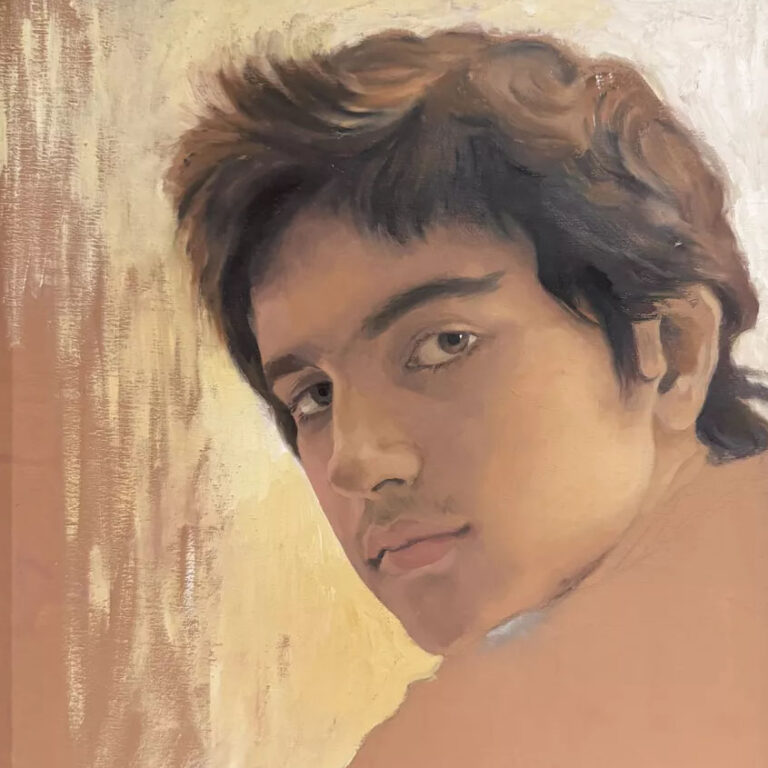
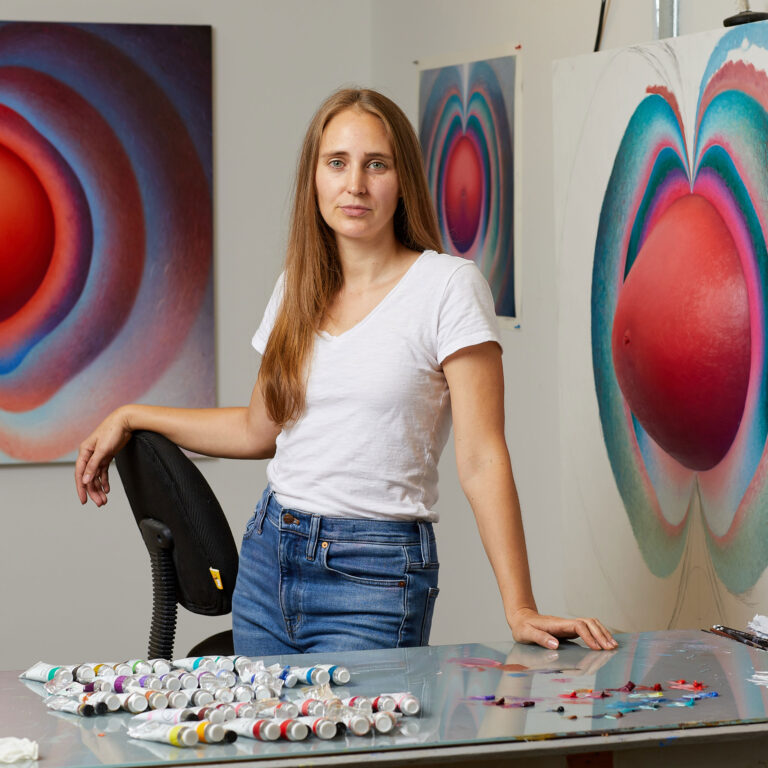

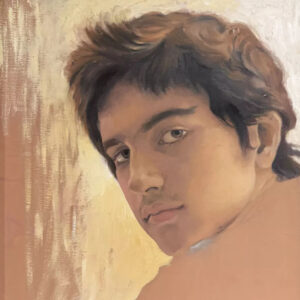
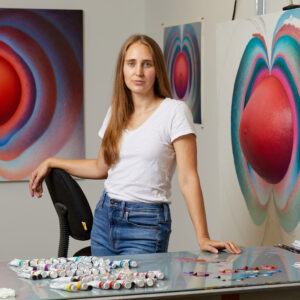




 in your life?
in your life?

